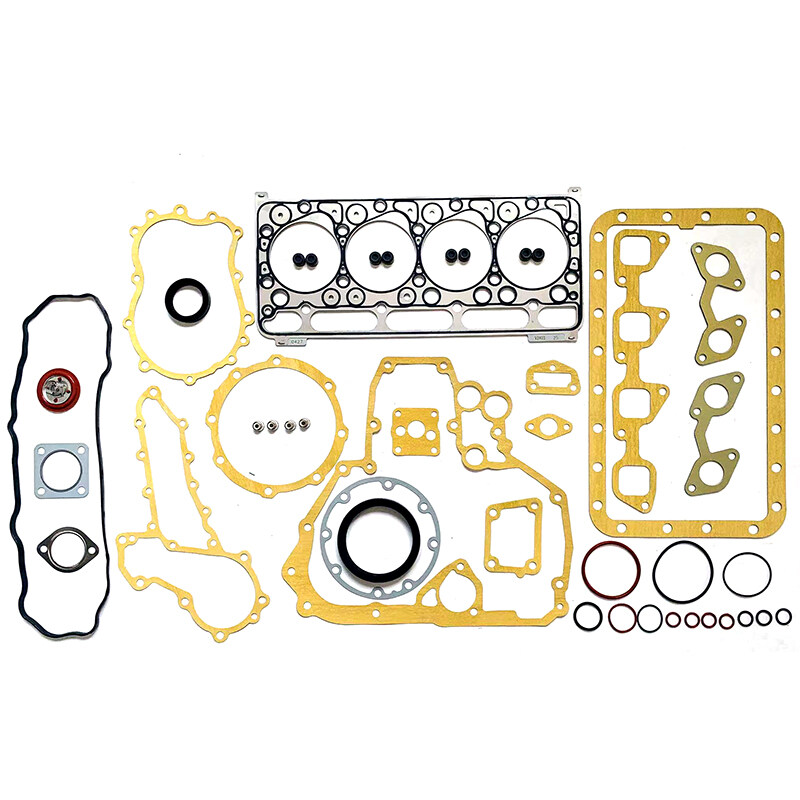Email format error
Email cannot be empty
Email already exists
6-20 characters(letters plus numbers only)
The password is inconsistent
Email format error
Email cannot be empty
Email does not exist
6-20 characters(letters plus numbers only)
The password is inconsistent


Supply Chain Management for Marine Engine Spare Parts: Optimising Procurement and Delivery Processes

Introduction
Efficient supply chain management is crucial for the smooth operation of marine engines. Timely procurement and delivery of spare parts play a vital role in minimising downtime and ensuring continuous ship operations. In this blog, we will discuss the importance of optimising the procurement and delivery processes for marine engine spare parts.
Inventory Management
Effective inventory management is essential to avoid stockouts or excess inventory. Ship operators should maintain an accurate inventory of spare parts, regularly updating it based on usage and demand. Utilising inventory management software can automate the process, ensuring optimal stock levels and reducing the risk of procurement delays.
Supplier Selection
Choosing reliable and reputable suppliers is critical for procuring high-quality spare parts. Ship operators should conduct thorough research and due diligence to identify suppliers with a proven track record of delivering genuine and reliable spare parts. Establishing long-term partnerships with trusted suppliers can streamline the procurement process and ensure consistent quality.
Streamlined Procurement Process
Implementing a streamlined procurement process can significantly improve efficiency. This includes establishing clear communication channels with suppliers, defining procurement requirements, and setting up a standardised procurement workflow. Utilising digital platforms or e-procurement systems can automate and streamline the procurement process, reducing manual errors and saving time.
Just-in-Time Delivery
Adopting a just-in-time (JIT) delivery approach can minimise inventory holding costs and ensure the timely availability of spare parts. Ship operators can work closely with suppliers to establish JIT delivery schedules based on their maintenance and repair requirements. This approach reduces the need for excessive inventory storage and minimises the risk of obsolete spare parts.
Logistics Optimisation
Efficient logistics management is crucial for the timely delivery of spare parts. Ship operators should collaborate with logistics providers specialising in marine spare part transportation. This ensures that spare parts are handled and transported with care, minimising the risk of damage or delays. Utilising real-time tracking systems provides visibility into the delivery process, allowing for proactive management of potential issues.
Data Analytics and Forecasting
Leveraging data analytics and forecasting techniques can optimise the procurement and delivery processes. By analysing historical data and trends, ship operators can make informed decisions regarding inventory levels, procurement schedules, and delivery timelines. This proactive approach minimises the risk of stockouts and ensures the timely availability of spare parts.
Continuous Improvement
Regularly reviewing and improving the procurement and delivery processes is essential for long-term success. Ship operators should seek feedback from suppliers, monitor key performance indicators, and identify areas for improvement. Implementing continuous improvement initiatives, such as lean management principles, enhances efficiency and reduces costs.
Conclusion
Optimising the procurement and delivery processes for marine engine spare parts is crucial for smooth ship operations. By implementing effective inventory management, selecting reliable suppliers, streamlining procurement processes, adopting just-in-time delivery, optimising logistics, leveraging data analytics, and embracing continuous improvement, ship operators can ensure the timely availability of high-quality spare parts, minimising downtime and maximising operational efficiency. A well-managed supply chain is key to maintaining the reliability and longevity of marine engines.

